A single working mother has three kids and a widowed, senile mother to care for. A group of elderly lesbians recall life in the closet in 1950s and 1960s Vienna. A successful young model probes the dark underbelly of fashion modeling.
Theses are just some of the women audiences will encounter on the silver screen at the Women Make Waves Film Festival (女性影展), now in its 17th year.
This year’s edition focuses on images of women’s bodies, coming-of-age experiences and motherhood.
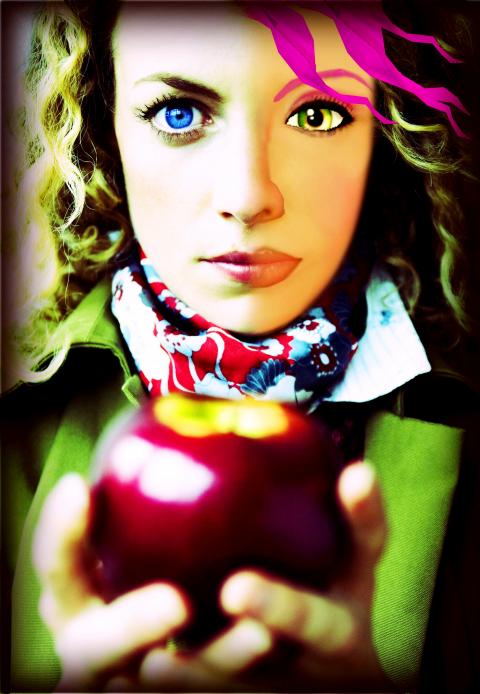
Photos courtesy of Women Make Waves
The films in the festival’s My Body My Power section examine how the female body is regulated and victimized. Picture Me, by former American model Sara Ziff, is an expose of fashion modeling in which Ziff’s friends speak candidly about issues including sexual harassment and anorexia.
Initially hired by a pharmaceutical company to edit erotic videos for a trial of a drug designed to increase sexual arousal in women, director Liz Canner spent nine years making Orgasm Inc, which takes a humorous look at how female pleasure, illness and desire are defined and medicalized.
The Queer section is more jovial than usual, screening buoyant films like The Topp Twins: Untouchable Girls, an award-winning documentary about lesbian twins Lynda and Jools Topp, two well-loved New Zealand entertainers. The movie reveals the multiple roles the Topp twins play in real life: dairy farmers, comediennes, lesbians and political activists.
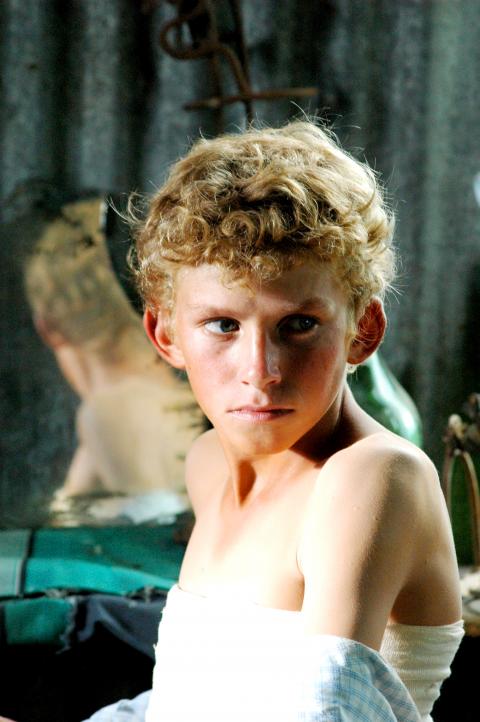
Photos courtesy of Women Make Waves
Festival highlights include Mother’s Way, Daughter’s Choice and Later We Care, which examine the frustration, jealousy and love that defines relationships between female relatives, and Of Monsters and Skirts, which through archival footage, interviews and home movies brings to life the personal histories of female political prisoners in Franco’s Spain.
Directors Julia Solomonoff and Kasia Roslaniec will attend the festival. The former’s The Last Summer of the Boyita, an Argentinean drama about the close friendship between a local farm boy and young daughter of a physician, and the latter’s well-scripted Mall Girls, which tells a sober and emotionally disturbing story about high school girls exchanging sexual favors for luxury goods, will be screened.
Taiwanese productions in the lineup include Nothing to Do With Love (與愛無關) by seasoned documentary filmmaker Kuo Shiao-yun (郭笑芸), which turns the spotlight on the role of male aggressors in cases of domestic violence by following four unhappily married men.

Photos courtesy of Women Make Waves
Compared to the forceful works of veteran female directors such as Kuo and Yen Lan-chuan (顏蘭權), the work of younger female filmmakers offers no surprises this year. A concern for minorities seems to be the order of the day.
“Film festivals serve as a platform to examine the quality of new films coming out in recent years,” festival director Azed Yu (游婷敬) said. “It worries me that many young documentary filmmakers are limiting themselves by telling stories about people with disabilities in an unimaginative way. I see no self-reflection, power or edginess in these works.”
The festival’s opening party, featuring performances by Bounce Girlz, P!SCO and Kuei Chiu Kuei Chan (鬼丘鬼鏟), takes place at The Wall (這牆) tomorrow beginning at 8pm. Tickets cost NT$400 at the door, which includes one drink.
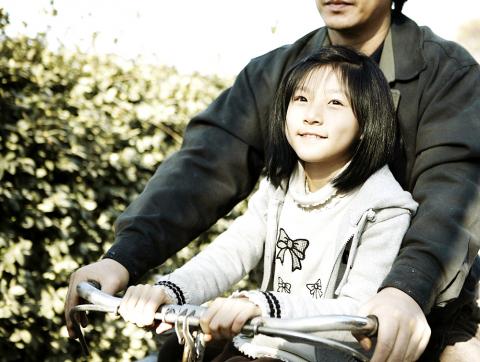
Photos courtesy of Women Make Waves
Women Make Waves tours the country from Oct. 18 to Dec. 31. For more information, visit
the festival Web site at www.wmw.com.tw.

Photos courtesy of Women Make Waves
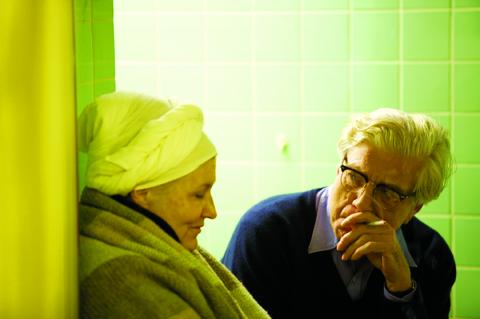
Photos courtesy of Women Make Waves
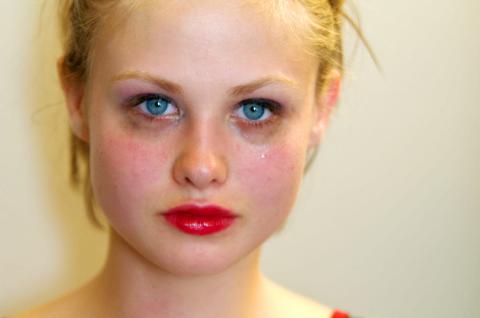
Photos courtesy of Women Make Waves
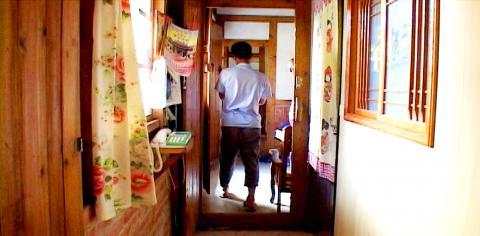
Photos courtesy of Women Make Waves

In Taiwan there are two economies: the shiny high tech export economy epitomized by Taiwan Semiconductor Manufacturing Co (TSMC, 台積電) and its outsized effect on global supply chains, and the domestic economy, driven by construction and powered by flows of gravel, sand and government contracts. The latter supports the former: we can have an economy without TSMC, but we can’t have one without construction. The labor shortage has heavily impacted public construction in Taiwan. For example, the first phase of the MRT Wanda Line in Taipei, originally slated for next year, has been pushed back to 2027. The government

July 22 to July 28 The Love River’s (愛河) four-decade run as the host of Kaohsiung’s annual dragon boat races came to an abrupt end in 1971 — the once pristine waterway had become too polluted. The 1970 event was infamous for the putrid stench permeating the air, exacerbated by contestants splashing water and sludge onto the shore and even the onlookers. The relocation of the festivities officially marked the “death” of the river, whose condition had rapidly deteriorated during the previous decade. The myriad factories upstream were only partly to blame; as Kaohsiung’s population boomed in the 1960s, all household

Allegations of corruption against three heavyweight politicians from the three major parties are big in the news now. On Wednesday, prosecutors indicted Hsinchu County Commissioner Yang Wen-ke (楊文科) of the Chinese Nationalist Party (KMT), a judgment is expected this week in the case involving Hsinchu Mayor Ann Kao (高虹安) of the Taiwan People’s Party (TPP) and former deputy premier and Taoyuan Mayor Cheng Wen-tsan (鄭文燦) of the Democratic Progressive Party (DPP) is being held incommunicado in prison. Unlike the other two cases, Cheng’s case has generated considerable speculation, rumors, suspicions and conspiracy theories from both the pan-blue and pan-green camps.

Stepping inside Waley Art (水谷藝術) in Taipei’s historic Wanhua District (萬華區) one leaves the motorcycle growl and air-conditioner purr of the street and enters a very different sonic realm. Speakers hiss, machines whir and objects chime from all five floors of the shophouse-turned- contemporary art gallery (including the basement). “It’s a bit of a metaphor, the stacking of gallery floors is like the layering of sounds,” observes Australian conceptual artist Samuel Beilby, whose audio installation HZ & Machinic Paragenesis occupies the ground floor of the gallery space. He’s not wrong. Put ‘em in a Box (我們把它都裝在一個盒子裡), which runs until Aug. 18, invites